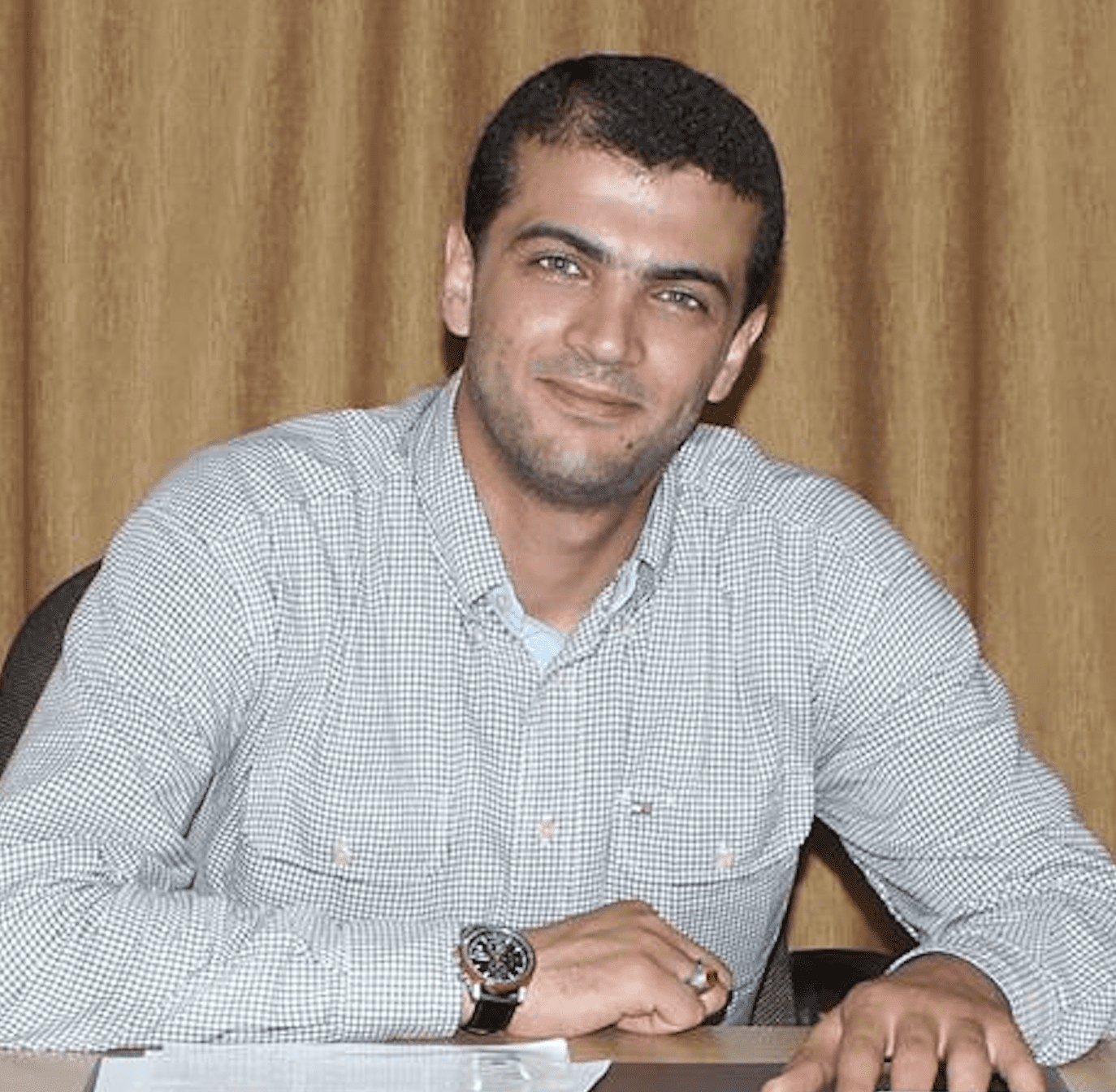Recent reports have surfaced regarding the alleged deportation of Palestinian families by the Lebanese Army to areas under the control of Syrian forces that are supported by the US. These developments have raised serious concerns about the safety and well-being of the affected individuals, as well as the potential violation of their rights, especially because the Kurdish area is still fragile and has some Daesh pockets. The situation underscores the complex dynamics and ongoing challenges faced by both Palestinian refugees and the Lebanese government in the region. This article aims to shed light on the reported deportations and their implications.
Lebanon has long been home to a significant number of Palestinian refugees who fled, or were displaced, during the Israeli-Palestinian conflict. These refugees have faced numerous hardships, including limited access to employment, education and healthcare. The Lebanese government, grappling with its own internal political and economic challenges, has struggled to provide adequate support for the Palestinian refugee population.
READ: Lebanon tribunal accuses Hezbollah, Amal members of killing UN peacekeeper – source
Deportations to areas under Syrian Forces control
According to multiple reports, the Lebanese Army has carried out deportations of Syrians families, including Palestinian families, to areas under the control of Syrian forces (Kurdish militia is supported by US). The exact reasons behind these deportations remain unclear, but they are believed to be part of an effort to address internal security concerns and exert control over Syrian and Palestinian refugee camps in Lebanon.
Concerns for safety and well-being
The reported deportations have sparked concerns about the safety and well-being of the affected Palestinian families. Syria’s ongoing civil war has resulted in a complex and volatile situation, with various armed factions vying for control over different regions. The safety of Palestinian refugees transferred to areas under Syrian forces’ control, particularly those claiming to be democratic, is uncertain, given the potential for continued violence and instability.
READ: Turkiye Erdogan faces struggle to meet Syria refugee promise
Potential violation of rights
The deportations have also raised questions about the potential violation of the rights of Palestinian refugees under international law. International human rights standards, such as the Universal Declaration of Human Rights and the 1951 Refugee Convention, protect the rights of refugees, including the principle of non-refoulement, which prohibits the forced return of individuals to a territory where their lives or freedom may be at risk.
Challenges faced by Palestinian refugees and Lebanon
The reported deportations shed light on the ongoing challenges faced by Palestinian refugees in Lebanon and the Lebanese government’s struggle to address their needs. The Palestinian refugee population has long suffered from marginalisation and limited opportunities, exacerbating social and economic disparities. The Lebanese government, burdened with its own political and economic crises, has faced difficulties in providing comprehensive support and addressing the needs of Palestinian refugees.
READ: Palestine: Israel settlers attack graves, burn agricultural lands
The reported deportations of Palestinian families by the Lebanese Army to areas under Syrian Democratic Forces’ control have raised significant concerns about the safety, well-being and rights of the affected individuals. The situation highlights the complex dynamics and ongoing challenges faced by Palestinian refugees in Lebanon and the difficulties faced by the Lebanese government in meeting their needs. It is crucial for the international community to closely monitor the situation and work towards ensuring the protection and rights of Palestinian refugees in the region.
The views expressed in this article belong to the author and do not necessarily reflect the editorial policy of Middle East Monitor.


![The Lebanese army and the United Nations Interim Peacekeeping Force (UNIFIL) inspect the area after Israeli attacks near the city of Tyre on April 07, 2023 [Hussam Shbaro - Anadolu Agency]](https://i0.wp.com/www.middleeastmonitor.com/wp-content/uploads/2023/04/AA-20230407-30793026-30793022-UN_PEACEKEEPERS_LEBANESE_ARMY_INSPECT_AREA_IN_S_LEBANON_STRUCK_BY_ISRAEL.jpg?fit=1200%2C800&ssl=1)









